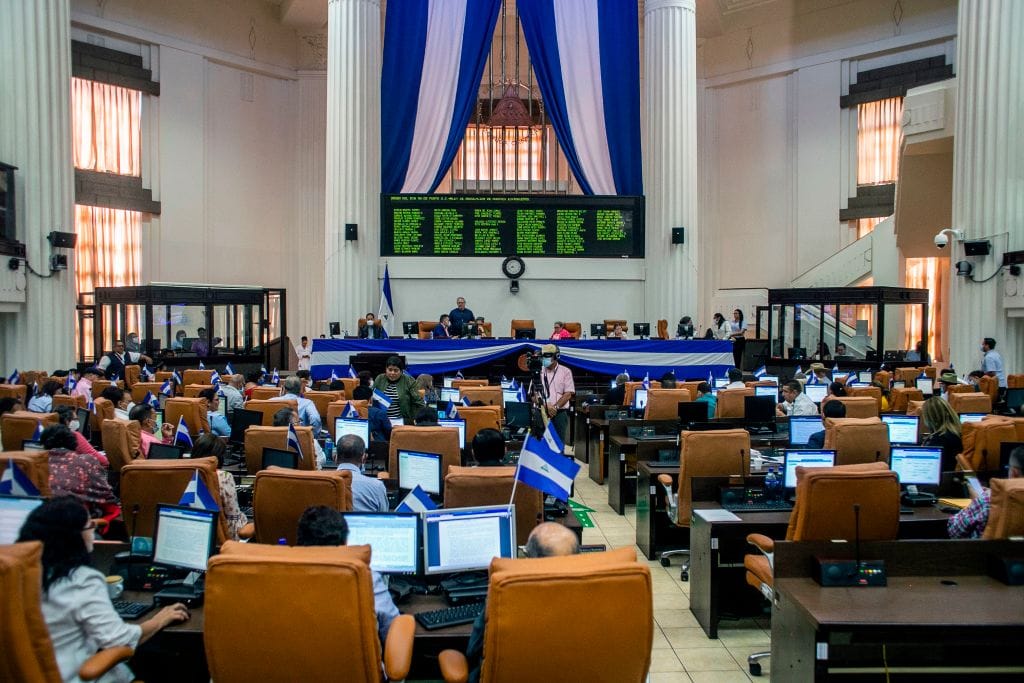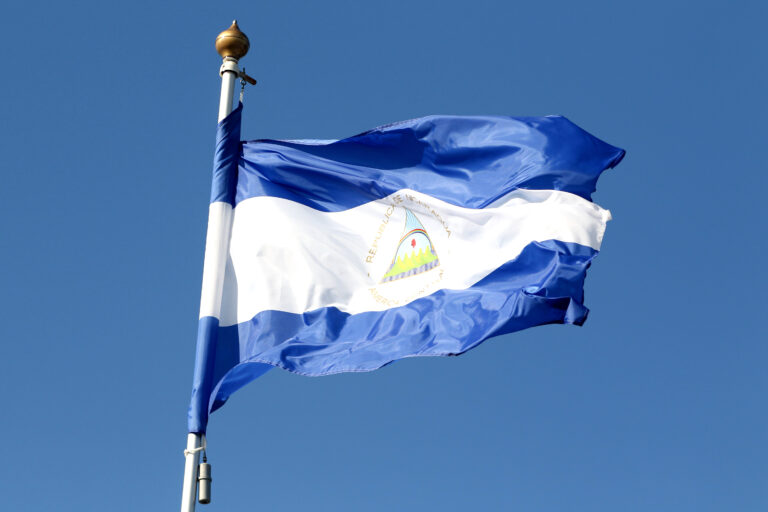IFEX-ALC is deeply concerned about the Cybercrime Law passed on October 27 of this year by the National Assembly of Nicaragua. The crimes established in this law have rather abstract definitions that could be open to abusive interpretation. The law also criminalizes activities that constitute legitimate exercise of freedom of expression.
According to the adopted text, the objective of this legislation is to prevent, investigate, prosecute and punish crimes committed “by means of information and communications technology, to the detriment of natural or legal persons.”
In Article 28, the law establishes prison sentences for honour crimes, contrary to international standards established on this matter, which state that only civil penalties can be used in these cases and as a last resort.
Article 30 of the law criminalizes the dissemination of false or distorted news through information and communications technology. It is extremely troubling that such an abstract type of crime can be applied to the circulation of online content and information. This article also references honour crimes, which is redundant and creates legal confusion.
As is, the legislation could facilitate freedom of expression violations, either by causing self-censorship, or through censorship imposed by legal means. These types of regulations threaten to silence critical voices and limit the exchange and flow of information that characterizes an open civic space.
In a country like Nicaragua, which finds itself in a critical human rights crisis, the Cybercrime Law could also be used as a tool to intimidate and threaten independent journalism.
In addition to the Cybercrime Law, the “Law on Regulation of Foreign Agents” was recently adopted, which “has the objective of establishing a legal and regulatory framework applicable to natural or legal persons who are nationals or of another nationality, and who, in response to foreign interests, have obtained foreign funding that is used to carry out activities allowing Governments, organizations or foreign natural persons to interfere with the internal and external affairs of Nicaragua, undermining its independence, self-determination and national sovereignty, as well as the economic and political stability of the country.”
International and national organizations have noted the risk posed by this legislation, which forces alleged “foreign agents” to register with administrative authorities and submit operational information. Failure to do so leads to harsh administrative penalties.
Finally, it is important to mention that a ‘hate law’ bill is currently being reviewed by the National Assembly. This proposal is linked to an initiative by president Daniel Ortega, who aims to “punish those who commit what they refer to as hate crimes with life imprisonment.”
IFEX-ALC finds these legislative initiatives to be alarming given Nicaragua’s current context. These types of restrictive regulations aim to establish government control of the country’s informational and civic ecosystem and are characteristic of authoritarian regimes.
We, the 24 organizations belonging to the IFEX-ALC network call upon the Nicaraguan State to:
- Refrain from using the state apparatus to attack and censor critical voices and to close civic space.
- Comply with international human rights treaties ratified by Nicaragua, which guarantee the full exercise of professional and independent journalism in order to provide reliable information on matters of public interest, and which protect citizens’ rights to be informed.
About IFEX-ALC:
IFEX-ALC, which forms part of the global IFEX network, is comprised of 24 organisations in 14 Latin America and Caribbean countries dedicated to defending freedom of expression and press freedom.



